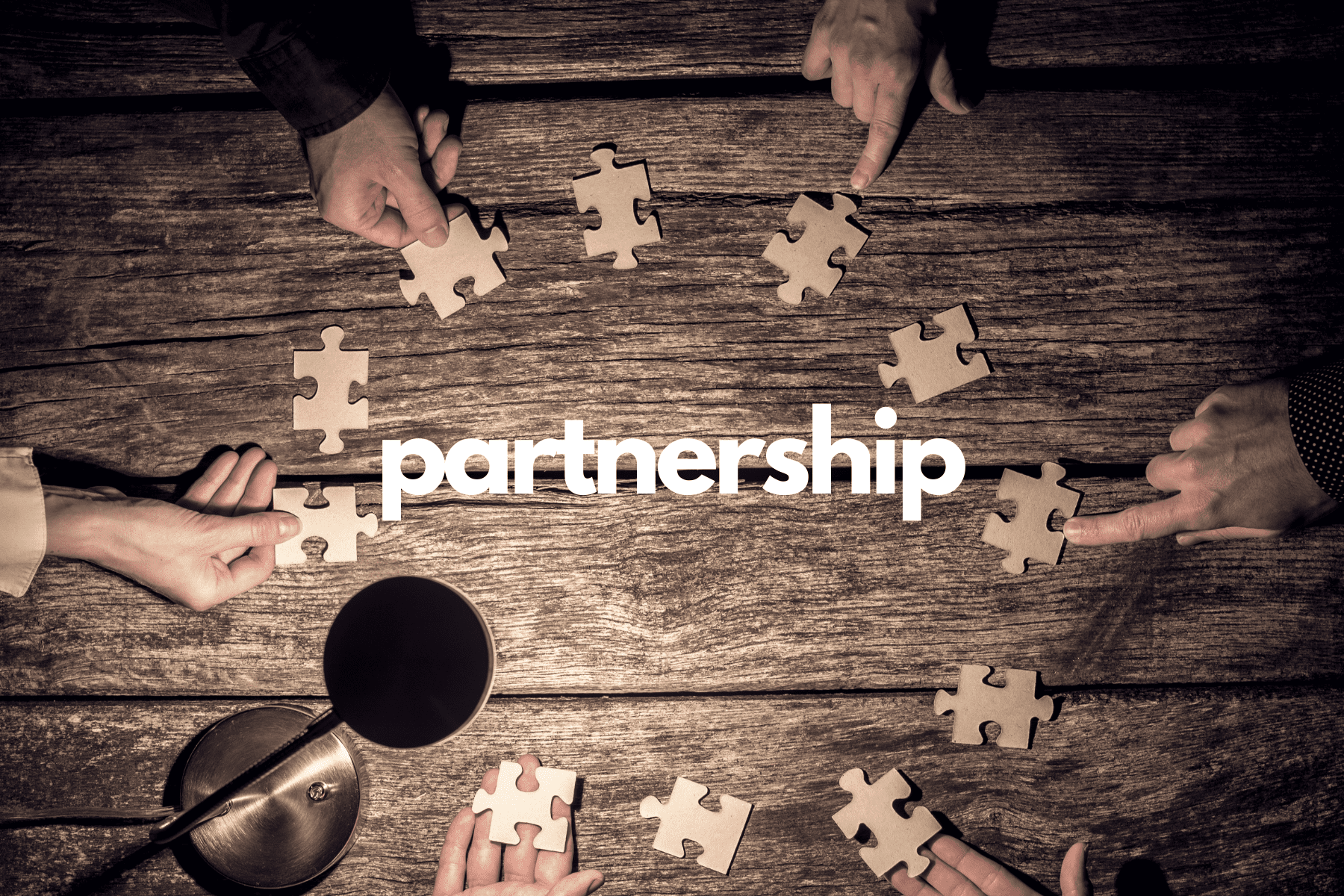Leading Nonprofit Firm: Offering Strategic Assistance for Mission-Driven Teams
Wiki Article
Discovering the Diverse Functions and Obligations of a Nonprofit Firm in Attending To Social Issues and Encouraging Change
Not-for-profit agencies serve as crucial agents of modification within culture, tackling a myriad of social concerns via complex strategies. Their responsibilities prolong past mere service stipulation; they involve in campaigning for, resource mobilization, and community outreach, frequently acting as a bridge in between marginalized populations and essential solutions.Recognizing Nonprofit Firm Duties
The effectiveness of not-for-profit companies rests on a clear understanding of their varied roles within society. These companies act as important intermediaries between the public, private, and governmental fields, addressing numerous social problems and advocating for change. Not-for-profit companies frequently function as provider, supplying necessary programs and resources to underserved populaces. This function is crucial in filling voids that may exist in civil services, ensuring that vulnerable teams have access to needed support.In addition, nonprofits play a crucial duty in campaigning for, raising understanding and affecting policy decisions that affect their areas. By taking part in research study and public education and learning, these organizations help form public discussion and promote notified decision-making - nonprofit agency. They additionally act as systems for volunteerism, mobilizing neighborhood participants to add their time and skills towards collective goals
Furthermore, nonprofit firms typically function as conveners, combining varied stakeholders to cultivate cooperation and collective effect. This collective technique boosts their ability to address complicated social problems successfully. Recognizing these complex duties is important for maximizing the potential of nonprofit firms in developing lasting social change and improving overall community wellness.
Community Interaction and Outreach
Reliable area interaction and outreach are essential parts of nonprofit firms' approaches to cultivate connections and build trust fund within the communities they serve. These initiatives concentrate on comprehending community demands, promoting awareness of readily available sources, and encouraging engagement in programs designed to deal with social concerns. Not-for-profit companies utilize a variety of approaches to engage with area participants, such as workshops, informational sessions, and joint events.Outreach initiatives offer to reinforce partnerships with diverse populations, particularly marginalized teams who may deal with obstacles to gain access to. By making use of culturally appropriate interaction strategies and leveraging regional partnerships, nonprofits can improve their exposure and show their dedication to neighborhood empowerment. This technique not just cultivates a sense of belonging yet additionally increases the likelihood of continual interaction.
Furthermore, effective neighborhood engagement exceeds simple engagement; it entails actively listening to area members' feedback and integrating their understandings into program advancement. This collaborative process makes certain that the solutions offered are responsive, relevant, and customized to the special obstacles dealt with by the community. Inevitably, cultivating solid connections through interaction and outreach can cause even more impactful treatments and a greater collective effort toward promoting positive social change.
Campaigning For and Plan Influence
Campaigning for works as a crucial device for nonprofit companies to influence public law and drive systemic modification. By leveraging their proficiency and community insights, these companies can successfully represent marginalized populaces and address pressing social concerns. Nonprofits engage in campaigning for via different methods, consisting of public understanding campaigns, grassroots mobilization, coalition building, and direct lobbying of policymakers.Through these initiatives, not-for-profit firms intend to shape regulation and plan frameworks that straighten with their objective and the requirements of the areas they serve. They perform research study, collect information, and share compelling narratives to highlight the seriousness of specific concerns, ensuring that decision-makers are educated and motivated to act. This process not just amplifies the voices of those influenced by social oppressions however also fosters a more inclusive and equitable policymaking setting.
Furthermore, campaigning for efforts typically look for to produce long-lasting architectural modifications, dealing with root triggers instead than simply relieving symptoms. By focusing on plan impact, not-for-profit companies add to a broader understanding of social obstacles and promote services that can result in lasting renovations in societal well-being. Inevitably, campaigning for is fundamental to the transformative duty nonprofits play in creating a just and equitable culture.
Fundraising and Resource Management
Not-for-profit agencies count on robust fundraising and source management approaches to sustain their advocacy initiatives and maintain their objectives. Reliable fundraising is necessary for guaranteeing the schedule of This Site funds necessary to carry out programs and activities that resolve pressing social concerns. This process usually entails branching out revenue streams with grants, individual contributions, corporate sponsorships, and fundraising visit events. By using a multi-faceted approach, nonprofits can alleviate the risks connected with dependence on a single funding source.Resource monitoring is similarly vital, as it entails the strategic allotment of both financial and human resources to optimize impact. Nonprofits have to establish budget plans that align with their objectives while making certain transparency and responsibility to stakeholders. This includes routine monitoring of expenses and adjusting methods as needed to enhance source use.

Partnership and Partnerships
While several companies pursue their goals separately, collaboration and partnerships can considerably boost the performance of nonprofit firms. By functioning with each other with other nonprofits, federal government entities, and economic sector companies, nonprofits can pool sources, share knowledge, and intensify their effect on social problems. Joint efforts usually result in ingenious services that might not be attainable separately, leveraging the staminas of each partner to attend to intricate challenges.
Ultimately, efficient partnership needs clear interaction, shared objectives, and common respect among partners. By embracing a cooperative technique, not-for-profit firms can develop sustainable networks that not just click for source address instant social concerns yet likewise add to long-term systemic adjustment, fostering a much more equitable society. With cooperation, nonprofits can prosper and optimize their capacity for significant effect.
Conclusion
Nonprofit companies serve as essential entities in fostering and resolving social issues modification within neighborhoods. Through varied functions such as community resource, campaigning for, and interaction monitoring, these organizations successfully mobilize resources and assistance for underserved populaces. Their collective initiatives with various stakeholders boost the ability to affect public policy and advertise structural modifications. Ultimately, the complex roles of not-for-profit companies considerably contribute to the search of social justice and the renovation of neighborhood wellness.Comprehending these diverse duties is crucial for making best use of the possibility of nonprofit firms in creating sustainable social change and boosting total area wellness.
Reliable neighborhood interaction and outreach are essential components of nonprofit firms' approaches to construct and promote links trust fund within the neighborhoods they serve. By functioning together with various other nonprofits, federal government entities, and exclusive market companies, nonprofits can merge resources, share experience, and enhance their impact on social issues.Nonprofit companies offer as essential entities in fostering and addressing social problems adjustment within communities - nonprofit agency. Inevitably, the multifaceted functions of not-for-profit agencies significantly add to the search of social justice and the improvement of neighborhood wellness
Report this wiki page